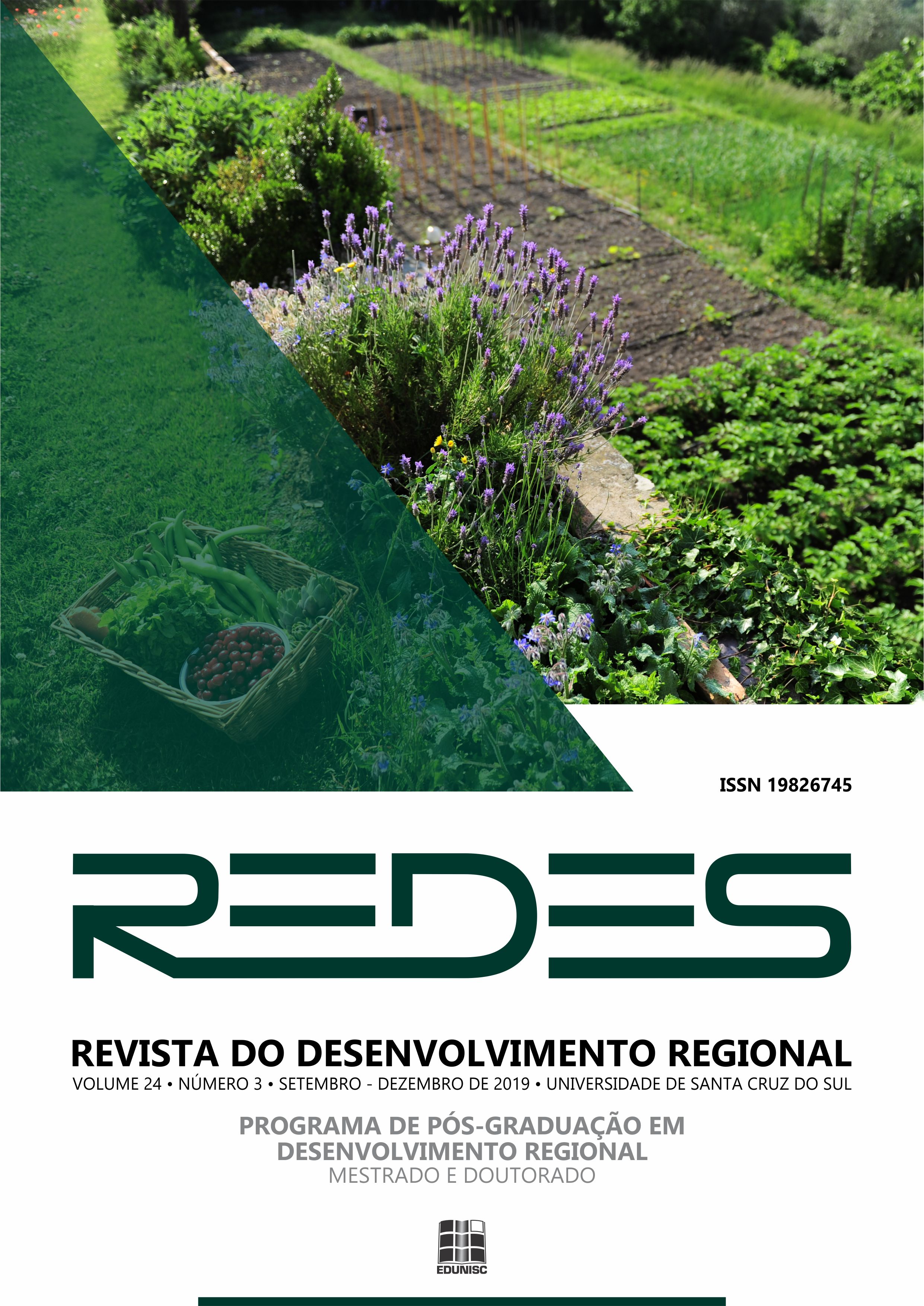Biopolitics and its regulatory instruments: regional institutions and their strategies of scientific-political planning
DOI:
https://doi.org/10.17058/redes.v24i3.11255Keywords:
Seeds. Subjectivity. Eco-governmentalism. Regional nets.Abstract
The debate on the right of farmers to access seeds held in public institutions in Brazil gained visibility through public policies and national legal instruments. However, given the scenario of restrictions that the country is experiencing, the National Plan of Agroecology and Organic Production – PLANAPO - the main plan of actions that stimulates the opening of institutional germplasm banks, is stagnant. This research has as its central theme the power relations built between researchers - as representatives - of Embrapa, social organizations and federal and international institutions, regarding the issues that permeate the world of genetic materials. It seeks to understand and analyze the interactions of the Embrapa institution, at local, regional and global levels, and the advances and setbacks, in the current political context, regarding the opening of Germplasm Banks - BAGs - to civil society. It questions how it is possible to think about actions that guarantee the access of these peoples to the seed collections in Embrapa. How legal policies and mechanisms on genetic materials have affected the development of research and its interactions with society. Therefore, it seeks to analyze the empirical information from the theoretical-methodological perspective of authors whose investigative approach is based on the relations of power and knowledge. Concepts such as biopolitics, subjectivity, and eco-governmentalism are central to the discussion of this theme. Finally, it finds that both researchers and farmers have subverted control mechanisms, building spaces of freedom, which is an alternative for rural development in the country.Downloads
Download data is not yet available.
Downloads
Published
2019-09-03
How to Cite
Dos Anjos, J. C. G., Feijó, C. T., & Antunes, I. F. (2019). Biopolitics and its regulatory instruments: regional institutions and their strategies of scientific-political planning. Redes , 24(3), 295-312. https://doi.org/10.17058/redes.v24i3.11255
Issue
Section
Articles



